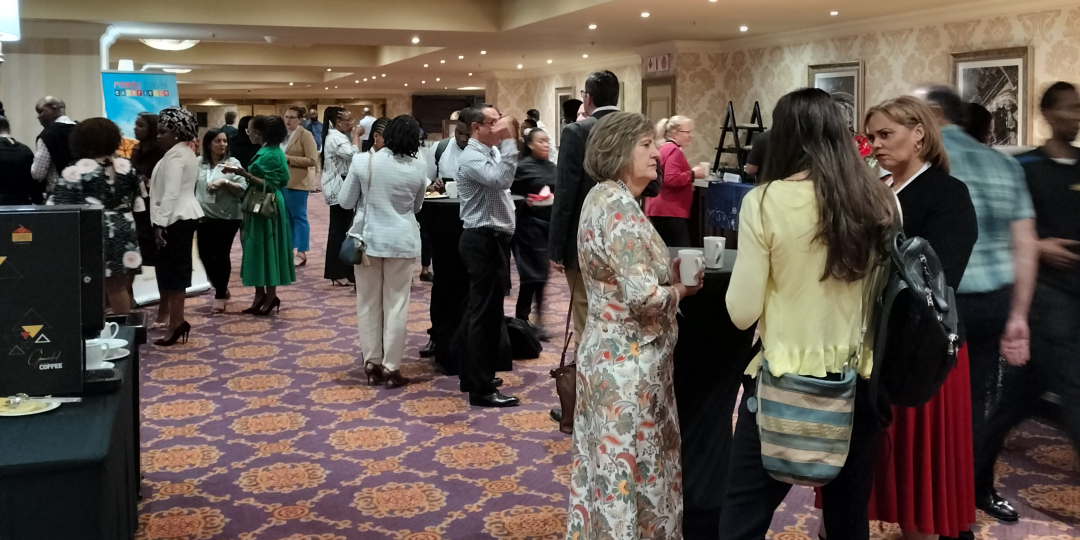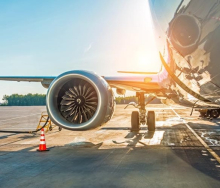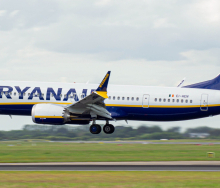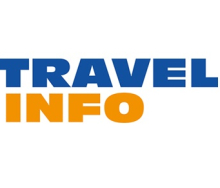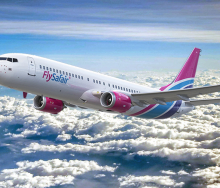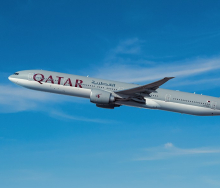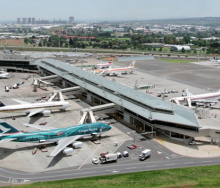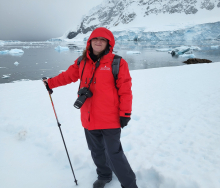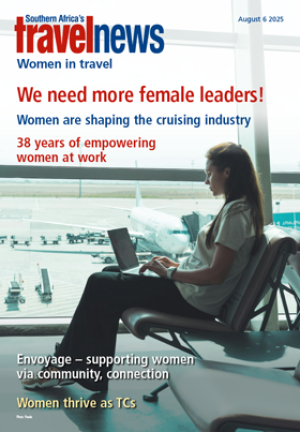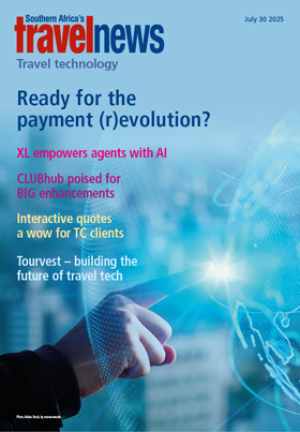There is a clear consensus that the rules of engagement across the value chain have changed drastically for industries like travel post the COVID-19 pandemic. This was the thrust of the Global Business Travellers Association’s (GBTA) annual conference that ran from October 25-26 – and key in this were the solutions needed to keep providing the most valuable experiences.
Under the theme of ‘(re)connect, (re)communicate, and (re)imagine’, a number of corporate travel buyers and TMCs gathered, along with travel suppliers, to understand where our greatest challenges, as the collective travel industry, lie – and TMCs formed a central part of this conversation.
“Travel agents and airlines are married for life, and it is a question of finding a way to work together… There needs to be buy-in by the industry, and this is what we need to be looking at to ensure we don’t exclude TMCs,” commented Koos Mhlongo, Sales Manager Africa at Airlink.
Cost vs. value
Wendy Dieterrle, Foschini Retail Group’s Operations Manager for Travel & Fleet, said while cost would always be the first consideration for any type of travel, the ROI that could be derived from each trip should ultimately outweigh this.
“We have to do things differently, but how do we get to that point? We have to get very close to that detail,” said Dieterrle. She underscored the importance of understanding the needs of each client and the relationship between them, the TMC, and suppliers in developing the best suited travel programmes.
With the numerous geopolitical issues that are currently being faced worldwide, service delivery and duty of care were identified as an opportunity for TMCs to improve their offering.
“We have a low supply and high demand, which has meant the cost of travel has increased substantially,” remarked Kelly Heath, Client GM of American Express Global Business Travel South Africa. This, she said, was where service delivery could strengthen a TMC’s value proposition when they were available to their clients to troubleshoot and resolve whatever issue they were facing – no matter the time of day.
“There is more to a travel programme than just the cost of an air ticket,” she said.
Using data
The power of having the right information and knowing how to use it cannot be ignored.
Alongside developing travel solutions that make the most sense for their clients while also keeping them safe, the flow of information and storing data across the board is proving to be essential for TMCs, clients and suppliers.
Although this covers a broad area, both Dieterrle and Heath agree that integrations across functions such as accounting and booking play an essential role in making sure that the most accurate and up-to-date information is disseminated across relevant channels.
While the development of tech from AI and APIs assists this process, Heath believes people should consistently remain at the heart of travel.
“People are as much a factor as technology. AI is key, but so is the human touch,” said Heath.
